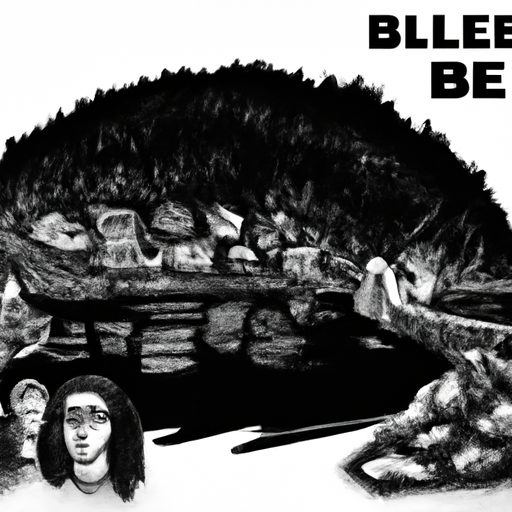The Impacts of Opioid Crisis in First Nations Communities: A Deep Dive
Welcome back to another piece of opinion on current affairs in Canada. As an engaged citizen, it is paramount to stay informed about the challenges our communities face. Today, we’ll be exploring the recent opioid crisis in one of our First Nation communities. An alarming incident has taken place, drawing national attention and prompting urgent discussions about the already critical situation.
The Crisis: A Double Homicide
Our focus will be a recent report on the First Nations community in Bella Bella, British Columbia. The small community experienced a terrifying upheaval with an occurrence of a double homicide. This tragic event saw the community put into lockdown.
As the nature of the victims’ deaths were undisclosed, it must be noted that in a community already grappling with the opioid crisis, such an escalation is distressing.
The Opioid Crisis in Canada: A Growing Concern
Canada’s opioid crisis has grown exponentially, feeding a cycle of despair, homelessness, crime and untreated mental health issues. The crisis touches all demographics, but smaller, isolated, and marginalized communities such as the First Nations often experience more devastating impacts. Why? Because resources for aid may be limited, and more critically, the destructive societal cycle is more pronounced and less impeded by support systems.
Key Points to Digest
- The crisis – the Bella Bella community experienced a double homicide, an event that sent shockwaves through the small, already struggling community.
- The community is now in lockdown – an unprecedented move to ensure safety and establish calm.
- The opioid crisis in Canada is escalating dramatically – with significant impacts on marginalized and vulnerable communities.
- The repercussions include increased homelessness, crime, and untreated mental health issues.
What is Being Done?
Efforts are currently underway to manage the opioid crisis in Canada. These include the introduction of opioid class action suits, programs to provide essential drugs such as Naloxone for rapid responses to opioid overdoses, and increasing the number of addiction recovery and mental health centres. However, the capacity to cater to the overwhelming needs, especially in vulnerable communities such as the First Nations, remains a challenge. There’s also a pressing call to address the root causes of this crisis such as poverty, systemic racism, and historical trauma among the First Nations.
While the given report does not detail these efforts in Bella Bella, it is essential to understand that the opioid crisis is under scrutiny at the national level, necessitating a collective effort in securing a solution.
Summarizing The Situation
As alarming as these incidents are, they shed light on the urgent need to address the opioid crisis in Canada and in First Nations communities, in particular. Systemic issues such as marginalization, poverty, and lack of mental health resources continue to exacerbate the situation.
We must continue to focus on these painful and serious crises and the voices affected. The opioid crisis, the homelessness, and mental health issues are intertwined, and as such, their solutions must be comprehensive, effective and immediate. It is not a single community’s issue; it is a Canadian issue that we all need to face and address together. To protect our most vulnerable, we must engage in compassionate solutions that focus on public health, housing, education, and economic development.
Through urgent action, comprehensive strategies, and collaborative efforts, we can overcome the crisis and secure a better future for all communities across our beautiful nation.


